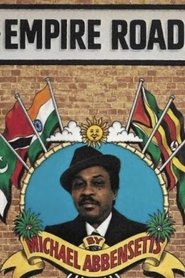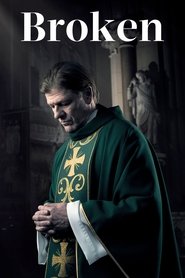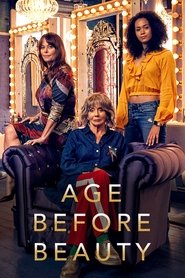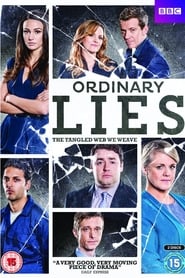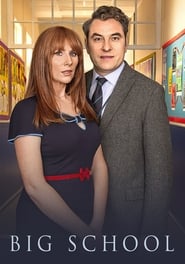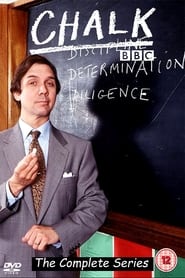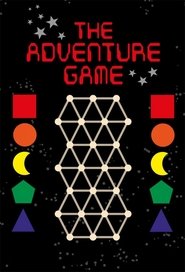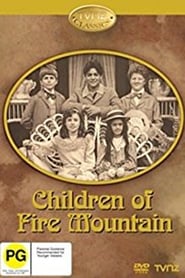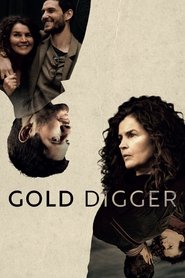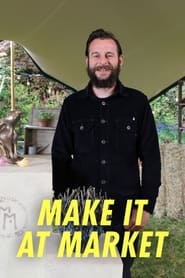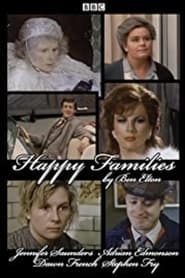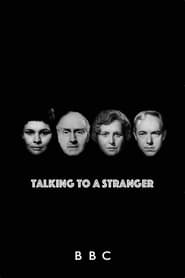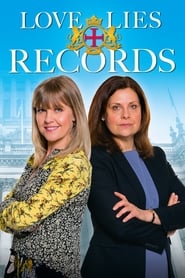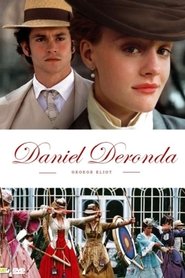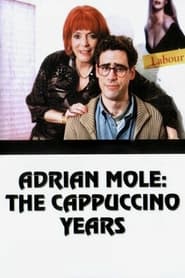Bbc One TV Series - Page 54
-
Empire Road
1978
Empire Road
1978
Empire Road was a British television series, made by the BBC in 1978 and 1979. Written by Michael Abbensetts, the show ran for two seasons of eight episodes each. The series was the first British television series to be written, acted and directed predominantly by black artists. A soap opera, similar in format to Coronation Street, Empire Road depicted life for the African-Caribbean, East Indian and South Asian residents of a racially diverse street in the city of Birmingham. Prominent cast members included Norman Beaton, Corinne Skinner-Carter, Wayne Laryea, Joseph Marcell and Rudolph Walker. The programme also provided early TV exposure for Julie Walters who appeared in a few episodes. The series was made at BBC Pebble Mill with location work in the Handsworth area of Birmingham. The eponymously named theme song was recorded by Matumbi and also released as a single in 1978. -
Broken
2017
star 7Father Michael, a Catholic priest presiding over a Northern urban parish, who is modern, maverick, and reassuringly flawed, must be confidante, counselor and confessor to a congregation struggling to reconcile its beliefs with the challenges of daily life. -
Planet Earth Live
2012
star 6Richard Hammond and Julia Bradbury are the hosts of this live global wildlife event. For three weeks they will follow the real life and death struggles of baby animals from around the world. It is a critical moment in these young animals' lives, as they try to survive the most challenging month of the year. From Kenya, Richard reports on dramatic stories of lions and elephants. From North America, Julia reports on bears, whales and otters. There will also be reports from around the world, as they follow intimate, real-time stories of meerkats, monkeys and other animals. -
Age Before Beauty
2018
star 3.3Bel, after spending the past 18 years as a homemaker, steps in to save the family business in a failing family run beauty salon in Manchester’s Northern Quarter. Family feuds and bitter rivalries, professional and personal, escalate in the salon amongst the Botox, fillers and facelifts. -
Get Fit with Brittas
1997
Get Fit with Brittas
1997
-
Broaden Your Mind
1968
star 5.5Broaden Your Mind is a British television comedy series starring Tim Brooke-Taylor and Graeme Garden, joined by Bill Oddie for the second series. Guest cast members included Michael Palin, Terry Jones, Jo Kendall, Roland MacLeod and Nicholas McArdle. -
Ordinary Lies
2015
star 7.2Exploring what happens when a bunch of white lies spiral out of control and the effect it has on an ordinary group of colleagues and friends. -
Big School
2013
star 6.8A comedy about a dysfunctional staff room, unrequited love and interactive whiteboards set in an urban secondary school. Chemistry teacher Mr. Church is hopelessly in love with the school's new French teacher, who in turn is being chased by a lothario gym teacher. -
Chalk
1997
star 6.5A British television sitcom set in a comprehensive school named Galfast High. Two series written by Steven Moffat were broadcast on BBC1 in 1997. Like his earlier sitcom Joking Apart, it was produced by Andre Ptaszynski. The series focuses upon deputy headteacher Eric Slatt, permanently stressed over the chaos he creates both by himself and some of his eccentric staff. His wife Janet and new English teacher Suzy Travis attempt to help him solve the problems. -
The Adventure Game
1980
star 5Set on the planet Arg, three time travellers are put to the test by the Argonds. To win safe passage back home, they must use logic and lateral thinking. -
An Actor's Life For Me
1991
star 6An Actor's Life For Me is a British sitcom that aired on BBC Radio 2 from 1989 to 1993 and on BBC television in 1991. Starring John Gordon Sinclair and Gina McKee, it was written by Paul Mayhew-Archer, who later co-wrote The Vicar of Dibley. -
Children of Fire Mountain
1981
star 5Children of Fire Mountain was a 13 part miniseries from New Zealand. -
Gold Digger
2019
star 5.1Gold Digger tells the story of wealthy 60 year old Julia as she falls in love with Benjamin, a man 25 years her junior. As this six part series progresses the impact their unconventional relationship has on her family is explored and the secrets of their past are revealed. Has Julia finally found the happiness she's always deserved? Or is Benjamin really the gold digger they think he is? -
Make It At Market
2023
star 5.3Dom Chinea works with a team of business and craft experts to help a group of budding entrepreneurs make a living from their crafting hobby. -
Happy Families
1985
star 6.7Happy Families was a rural comedy drama written by Ben Elton which appeared on the BBC in 1985 and told the story of the dysfunctional Fuddle family. It starred Jennifer Saunders as Granny Fuddle, Dawn French as the Cook and Adrian Edmondson as her imbecilic grandson Guy. The plot centred around Guy's attempts to find his four sisters - also played by Saunders, for a family reunion. -
I Want My Wife Back
2016
star 4.7Murray is a nice guy. Everyone says so. So no-one is more surprised than Murray when, on her 40th birthday, his wife walks out on him. So begins Murray's quest to discover what went wrong and how to win her back. -
Talking to a Stranger
1966
star 8.5A grown-up brother and sister's visit to their parents home culminates in a shocking tragedy. The events of the weekend are told over four episodes, each focusing on the point of view of one family member: the daughter Terry; the father, Ted; the son, Alan and finally the mother, Sarah. The full story of the dysfunctional family plays out through the use of repeating scenes, flashback, and monologue. -
Love, Lies & Records
2017
star 6Registrar Kate Dickinson tries to balance her personal life with the daily dramas of births, deaths and marriages and the impact they have upon her and her staff at the local Registry Office in Leeds. -
Daniel Deronda
2002
star 7.7Daniel Deronda is a British television serial drama adapted by Andrew Davies from the George Eliot novel of the same name. The serial was directed by Tom Hooper, produced by Louis Marks, and was first broadcast in three parts on BBC One from 23 November to 7 December 2002. The serial starred Hugh Dancy as Daniel Deronda, Romola Garai as Gwendolen Harleth, Hugh Bonneville as Henleigh Grandcourt, and Jodhi May as Mirah Lapidoth. Co-production funding came from WGBH Boston. Louis Marks originally wanted to make a film adaptation of the novel but abandoned the project after a lengthy and fruitless casting process. The drama took a further five years to make it to television screens. Filming ran for 11 weeks from May to August on locations in England, Scotland and Malta. The serial was Marks' final television production before his death in 2010. -
Adrian Mole: The Cappuccino Years
2001
star 3Adrian Mole: the Cappuccino Years is a British television series which was first aired on BBC One in 2001. The series was based on the fifth book from the Adrian Mole series, The Cappuccino Years. The series was produced by Tiger Aspect/Little Dancer Production for the BBC.
